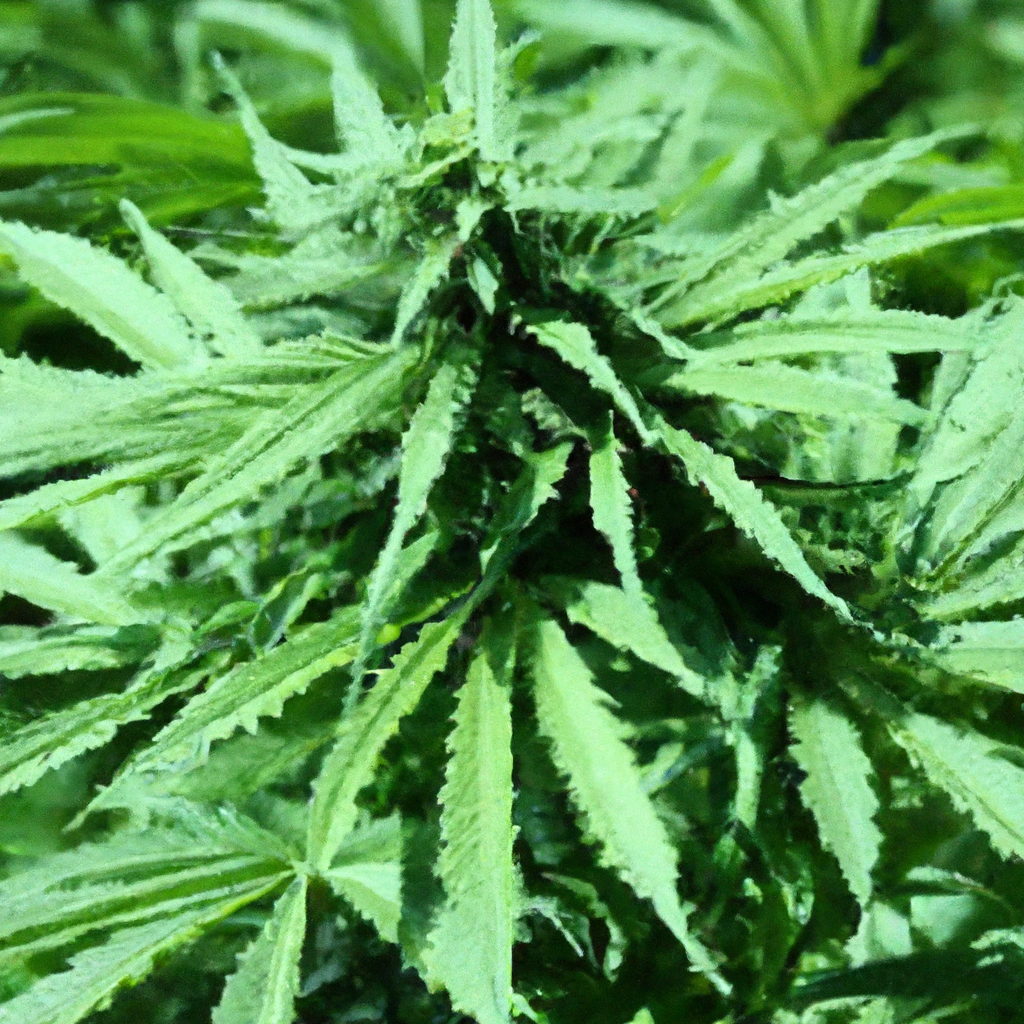Your cart is currently empty!
As the demand for organic products continues to rise, more cannabis cultivators are turning to organic methods to meet consumer preferences. Not only does organic cannabis cultivation benefit the environment, but it also enhances the quality of the final product. This guide will explore the essential practices for growing organic cannabis that is both sustainable and healthy.
Introduction to Organic Cannabis Growing
Organic cannabis cultivation prioritizes the use of natural inputs and processes to nurture plants without the use of synthetic chemicals. By focusing on building healthy soil ecosystems and using natural fertilizers, growers can produce cannabis that is safer for consumers and gentler on the environment. Let’s delve into best practices for organic growing operations.
Building Healthy Soil Ecosystems
- Compost and Mulch: Start by enriching the soil with organic compost. This not only provides essential nutrients but also improves soil structure and water retention.
- Natural Amendments: Use natural soil amendments like aged manure, worm castings, and bone meal to enhance soil fertility.
- Beneficial Microbes: Introduce beneficial microbes to support nutrient uptake and improve plant health. Products like mycorrhizal fungi can be particularly effective.
Using Natural Fertilizers
Instead of synthetic fertilizers, organic growers rely on natural options that slowly release nutrients into the soil. Here are some popular choices:
- Fish Emulsion: Rich in nitrogen, fish emulsion is great for promoting vegetative growth.
- Seaweed Extract: Contains a balanced mix of nutrients and hormones that stimulate root growth and improve plant resilience.
- Bat Guano: Known for its high phosphorous content, it’s ideal for boosting flowering and bud development.
Natural Pest Control Methods
Organic cannabis cultivation also means managing pests without harmful pesticides. Here are some natural solutions:
- Companion Planting: Incorporate plants like basil, marigold, and lavender to repel harmful insects and attract beneficial predators.
- Neem Oil: A natural insecticide that can help control a range of common pests without harming the plants.
- Beneficial Insects: Introduce predators like ladybugs and predatory mites to keep pest populations in check.
Conclusion: Embrace Sustainability
Growing organic cannabis offers numerous benefits, from producing cleaner and healthier plants to fostering a more sustainable environment. By embracing organic practices, growers not only contribute to a healthier ecosystem but also cater to a growing market of eco-conscious consumers. Remember, every step towards sustainability counts, and small changes can lead to substantial impacts in organic cannabis cultivation.
Tags: OrganicGrowing, NaturalFertilizers, PestControl, EcosystemBuilding, SustainablePractices
Discover more from Magic Clones
Subscribe to get the latest posts sent to your email.


Leave a Reply